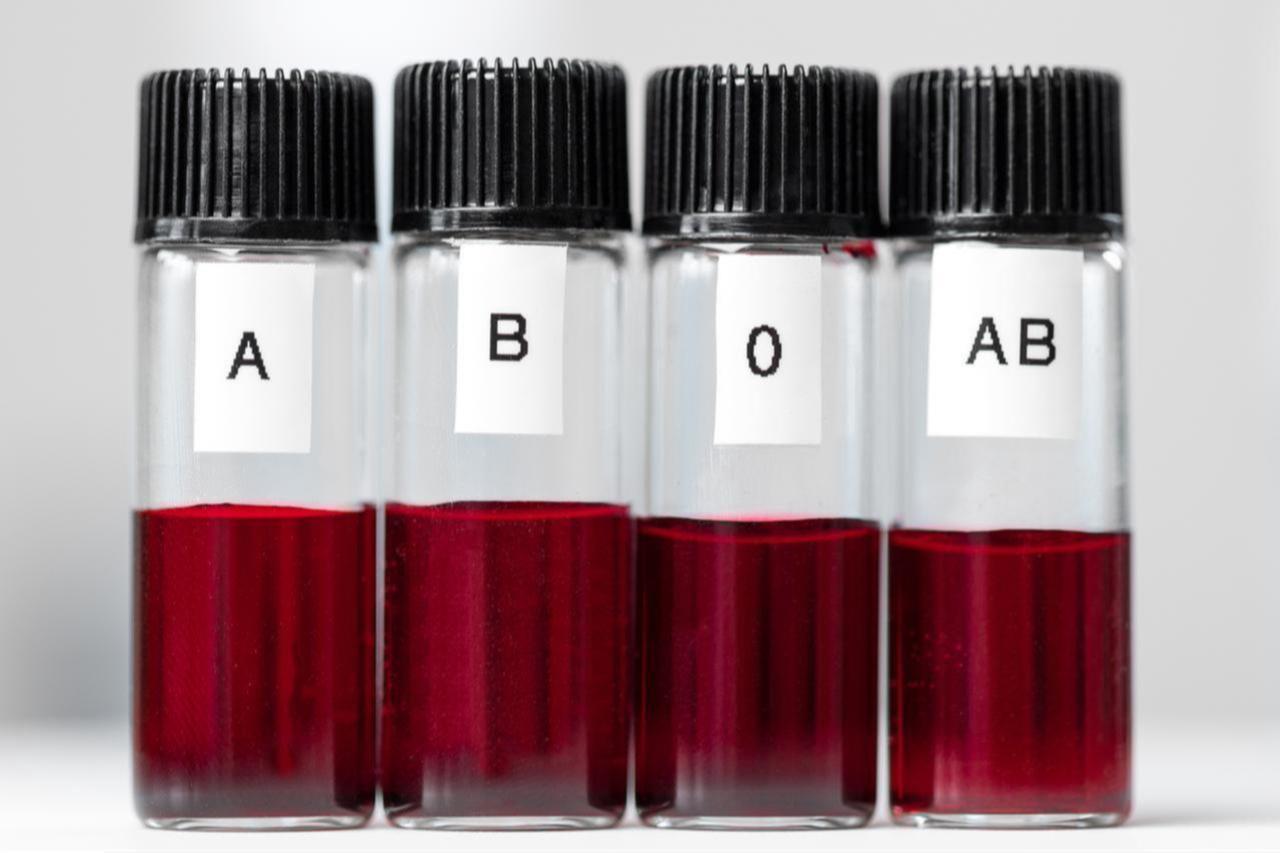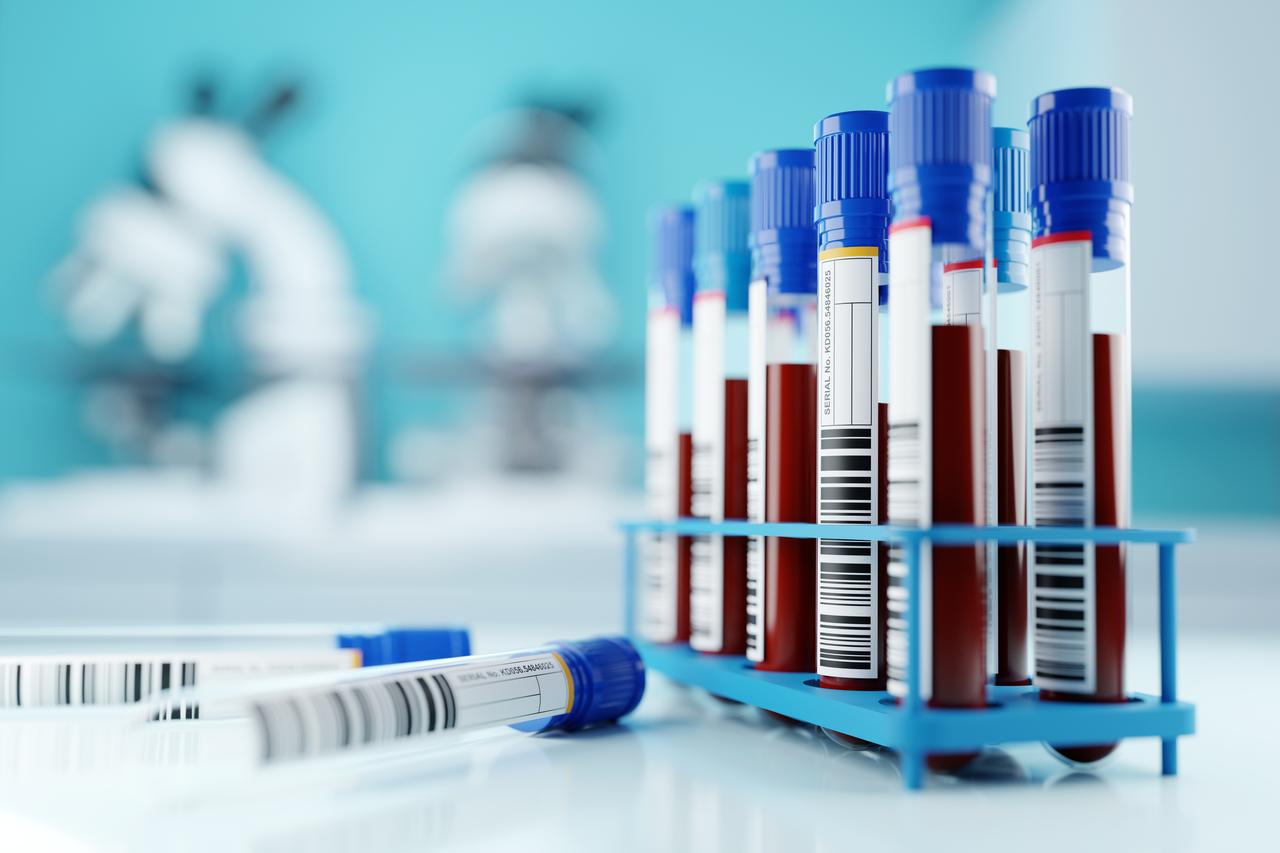
French researchers at the French Blood Establishment (EFS) have uncovered an entirely new blood type, officially named "Gwada-negative." This blood type is so rare that it has been found in only one known individual, a 68-year-old French woman from Guadeloupe, a French Caribbean island. This marks the 48th blood group system recognized by the International Society of Blood Transfusion (ISBT).
It all began in 2011, when the woman, then 54 years old, underwent routine pre-surgery blood testing in Paris. To the surprise of medical staff, her blood plasma reacted against every donor sample, including those from her siblings. The abnormality raised immediate concern, but couldn’t be fully explained at the time.

Years later, in 2019, scientists revisited the case with advanced genomic tools. Whole-genome and exome sequencing revealed a previously undocumented mutation in the PIGZ gene.
This mutation disrupted the GPI-anchor on her red blood cells—a structure that helps attach certain proteins to the cell surface. The result was an entirely novel antigen pattern, or possibly the absence of known antigens altogether, making her incompatible with all standard blood donors.
After the analysis and international review, the case was presented to the ISBT. In June 2025, at its congress in Milan, the ISBT officially recognized Gwada-negative as the 48th human blood group system, an extraordinary addition to the catalog of known types.
The woman is currently the only person in the world known to have this blood type, meaning she can only receive blood from herself. To manage this, her doctors have established a strict protocol: before any medical procedure, her blood is collected in advance and stored through cryopreservation. In emergencies, her only safe option would be a transfusion of her previously stored blood.